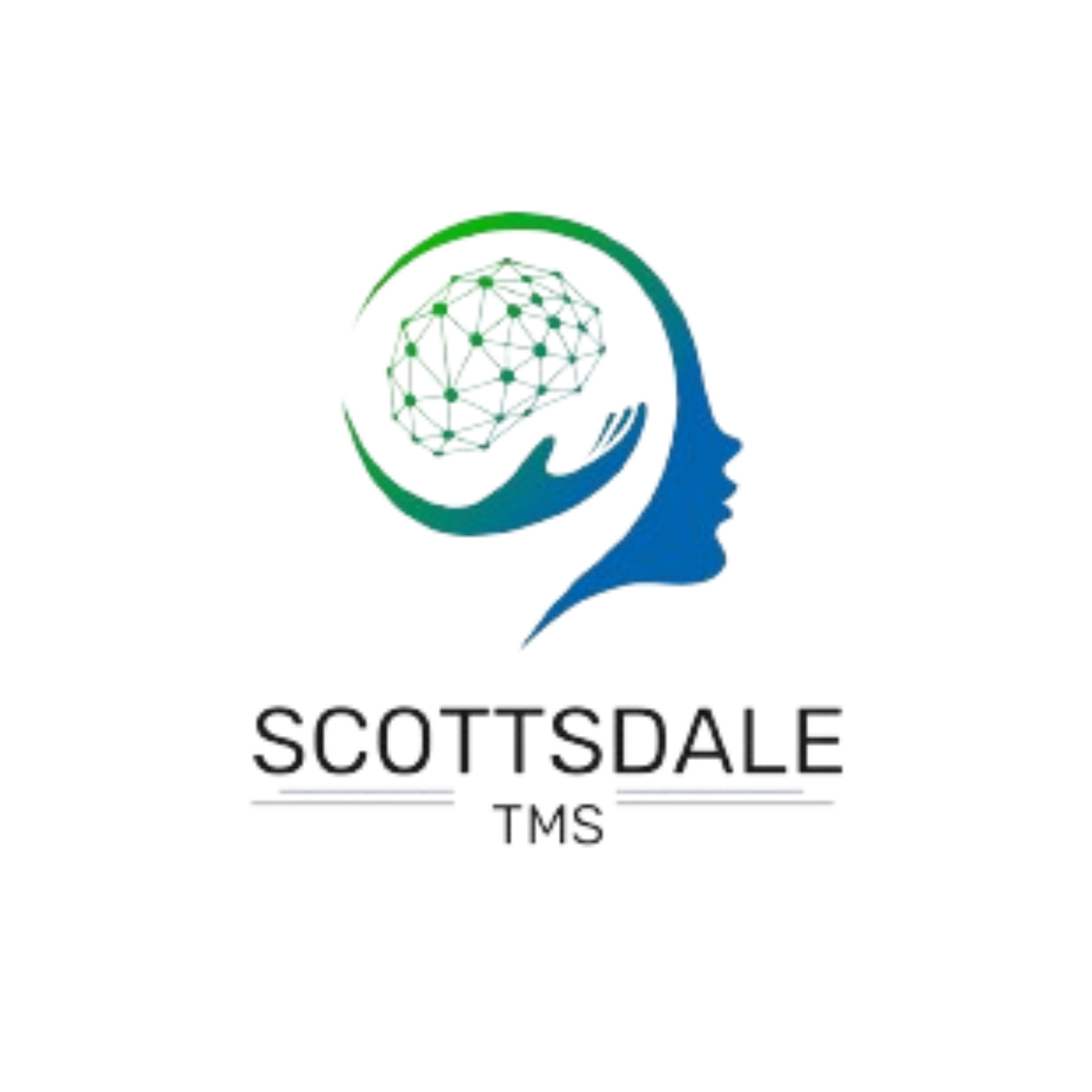For many individuals suffering from treatment-resistant depression in Tempe, TMS therapy offers a new lease on life. When traditional treatments like medication and talk therapy fail, this FDA-approved, non-invasive therapy can help. It targets the brain areas that control mood, offering focused treatment for major depression disorder (MDD) and other mental health conditions.
In this article, we’ll explain how TMS therapy works, its benefits for depression symptoms, and why it’s becoming a popular alternative treatment for depression at Tempe clinics.
Our Alcohol Addiction Treatment Programs

Scottsdale Rehab
Luxury Personalized Rehab

Hart Rehab
Holistic Luxury Personalized Rehab

Scottsdale Detox
Luxury Medical Detox
A Drug-Free Option for Depression
TMS therapy, or transcranial magnetic stimulation, is a cutting-edge, non-invasive treatment option designed for people with treatment-resistant depression. Unlike traditional methods such as antidepressant medication or electroconvulsive therapy (ECT), TMS doesn’t require anesthesia and has fewer side effects.
This therapy works by using magnetic pulses that stimulate the part of the brain involved in mood regulation, which is typically underactive in people suffering from clinical depression. The magnetic coil is placed gently on the scalp, focusing on the neural pathways that help control emotions.
TMS therapy is FDA-approved and is often recommended when patients have not responded well to at least one antidepressant. TMS is also ideal for those seeking an alternative depression treatment without the risks and side effects of medication.
How TMS Uses Magnetic Pulses to Target Depression?
During a typical TMS treatment session in Tempe, you sit comfortably while a trained professional positions a magnetic device on your head. This device emits magnetic fields that pass through the skull to stimulate brain cells, activating neural circuits that are underactive in individuals with major depression disorder.
Each session lasts between 20 to 40 minutes and is usually performed five days a week for a period of four to six weeks. Unlike other treatments like ECT, there’s no need for recovery time, and patients can resume their normal activities immediately after each session.
Because TMS is non-invasive, it avoids the systemic side effects often associated with antidepressant medications. A safe and effective treatment option for those looking for a drug-free approach to treating depression.
Who Can Benefit From Tempe TMS Therapy?
TMS is often recommended for people with major depressive disorder who haven’t responded to treatments like antidepressants or talk therapy. It’s also an option for those who prefer to avoid long-term medication use due to side effects or medical conditions.
If you’ve experienced symptoms like loss of interest, low mood, or sleep problems, and traditional treatments haven’t worked, TMS may be the next step. Consult a mental health professional to see if TMS is right for you. In some cases, doctors may combine it with other treatments, depending on the severity of the depressive disorder.
How TMS Compares to Other Mental Health Treatments?
TMS is different from standard mental health treatment options like medication or talk therapy, but it can also complement them. For example, someone who hasn’t responded to therapy alone may benefit from combining it with TMS.
Compared to electroconvulsive therapy (ECT), TMS is far less invasive and doesn’t require a hospital stay or anesthesia. It also has fewer side effects, making it a more accessible and less intimidating choice for many patients.
When compared to medication, TMS has shown to be especially helpful in people with treatment-resistant depression. While it may not work for everyone, studies have shown that a significant number of patients respond well to TMS, even when multiple medications have failed.
What to Expect During a TMS Session?
Your TMS journey in Tempe begins with an in-depth consultation. A mental health professional will review your history and symptoms to see if this treatment is right for you.
Once approved, you’ll begin a series of treatments. Most patients require 20 to 30 sessions, but this varies depending on your needs and how your body responds to the treatment.
During each session:
- You’ll sit in a comfortable chair
- The magnetic coil is placed against your head
- Magnetic pulses are sent to your brain
- You may feel a tapping sensation, but the procedure isn’t painful
There’s no downtime required. Most people drive themselves to and from each session and resume daily activities right afterward.
The Science Behind TMS and Mental Illness
TMS is based on solid neuroscience. Depression is thought to be linked to underactivity in certain brain regions. By using magnetic fields to stimulate these areas, TMS helps restore normal activity and communication between brain cells.
This is particularly beneficial in major depression and treatment-resistant depression, where traditional approaches haven’t worked. In fact, transcranial magnetic stimulation (TMS) is being explored for a wide range of mental health conditions, including anxiety, PTSD, and even OCD.
When Should You Consider TMS?
You might want to consider TMS Therapy if:
- You’ve been diagnosed with major depression or another mental health condition
- Medications haven’t worked or caused too many side effects
- You’re looking for a non-invasive or drug-free solution
- You want to try a modern, research-backed approach to treating depression
Always consult with a mental health professional to explore your full range of treatment options.
Reclaim Your Well-Being with TMS Therapy for Depression
If you’re seeking an effective, non-invasive approach to treat major depression disorder or other mental health conditions, TMS therapy offers a promising alternative. Unlike traditional treatments, TMS for depression targets the root causes of your symptoms without the need for medication, providing a safer and more focused option for recovery.
Our expert team is here to provide compassionate care, guiding you through each step of your treatment journey. Don’t wait to start feeling better—contact Scottsdale TMS Therapy today and take the first step toward reclaiming your well-being.

